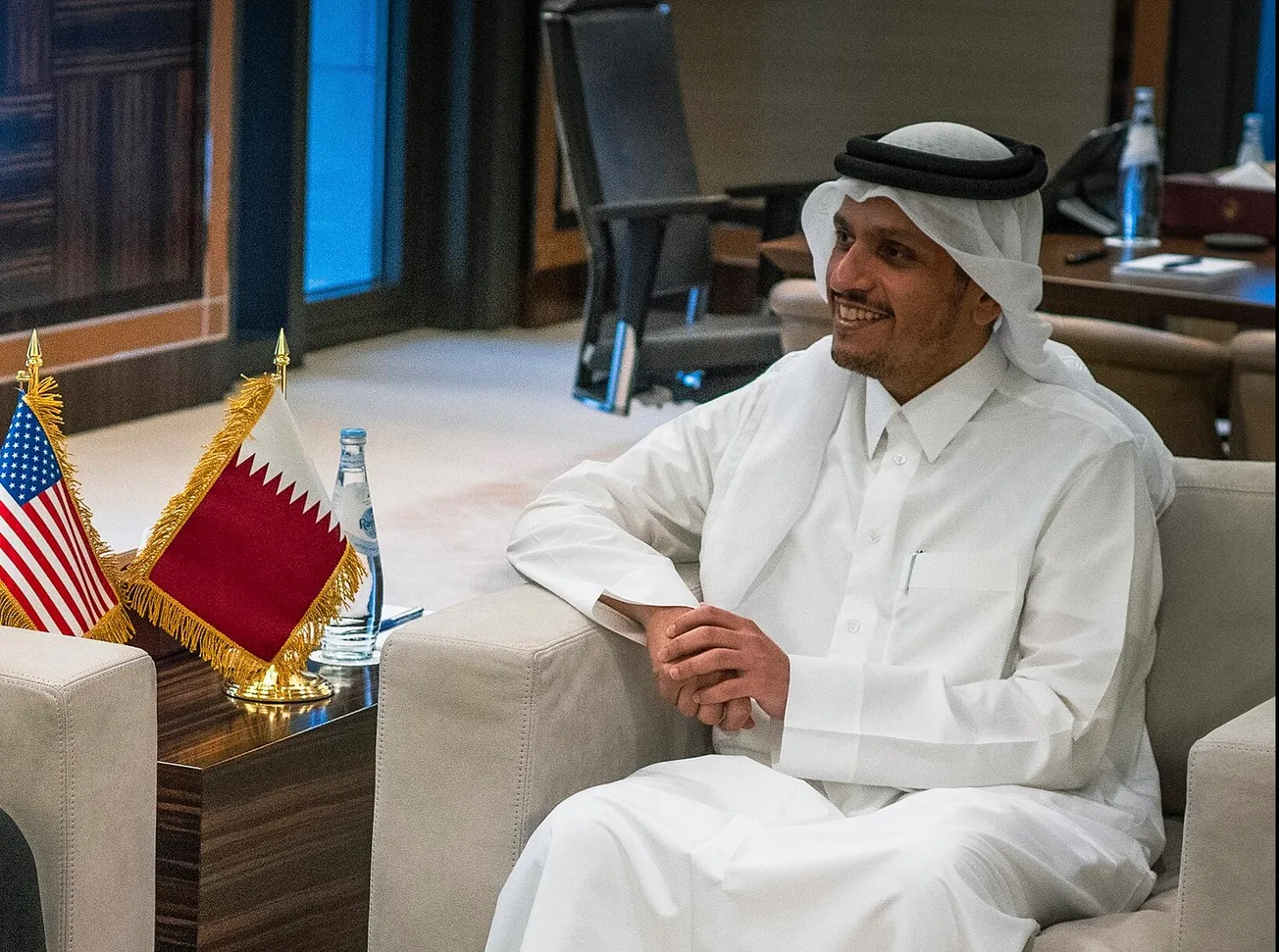On Wednesday Jan. 15, news broke that negotiators in Qatar had reached an agreement for a temporary ceasefire between Israel and Hamas. After 15 months of brutality, a sliver of hope has emerged that the senseless killing of Palestinians can stop and a different future for the region could begin. However, while hopeful, this development only represents a window through which to address the deeper issue, of which the genocide in Gaza has been only a reflection, and there are many obstacles still in the way.
President Biden was of course quick to take credit for the accomplishment, and claimed that it was a direct result of his May 2024 plan diplomacy since October 2023. But in the real world, it was clear that the deal had been secured only with the help of Donald Trump, a fact which even the State Department admitted, when the spokesman said that Trump’s team was “absolutely critical” in completing it. History will know that it was actually Joe Biden and “Bloody Blinken,” along with Netanyahu and his extremist allies, who prevented that from happening much sooner.
Joe Biden is in fact a perfect exemplar of the worst type of Washington’s permanent bureaucracy that emerged in the post-1971 Wall Street-City of London order, a bureaucracy that’s willing to impose endless wars, public austerity, and even fascism in order to preserve their system of continued rule. Without anything but ambition, these types merely follow, like lemmings, the orders and recommendations given to them by the “experts”—the same people whose “expertise” got the world into countless wars in Southwest Asia and beyond, as well as a threatened global conflict among superpowers today.
Understanding what this system is, and how it has affected Western civilization, is key to ensuring not only that this ceasefire becomes a lasting peace far into the future, but also that such a thing never happens in the world again. After all, if you think that human beings are essentially animals, and are strictly governed by their own self-interests, then you’ll fall right into the trap set for you by British imperial geopoliticians. “Common interests of mankind is a utopia!” they argue, “We must use enough ‘force as will create confidence and energy on the one side and inspire respect and caution on the other.’” The latter statement was made on Jan. 9 by British Foreign Secretary David Lammy, who quoted Ernest Bevin, the U.K.’s post-war Foreign Secretary and a key author of the Cold War. The West “must relearn the Cold War manual,” Lammy added, in an overt attempt to appeal to Trump and assert a leadership role for the U.K. again.
Trump meanwhile is making important nods toward resolving the crisis in Ukraine and reestablishing a relationship with Russia. His comment last week, in which he placed the blame on NATO for expanding up to Russia’s doorstep was noted by Russian Foreign Minister Sergey Lavrov, who pointed out that this “marks the first occasion an American, and indeed any Western leader has openly acknowledged that NATO was disingenuous when it signed numerous accords with our country.” However, whether this is merely a tactic, or whether Trump will actually acknowledge the rights of Russia and engage in “meaningful discussions” remains an open question, Lavrov added.
In the fight to transform this paradigm, don’t wait for the holdovers from the “rules-based order” to change their ways anytime soon. And don’t count on Trump either, though his contribution to the ceasefire in Gaza is certainly welcome. Instead, become an active force for change yourself. In her weekly webcast, Helga Zepp-LaRouche took up the question of geopolitics, which has played the dominant role in the atrocities that have unfolded in Palestine and Lebanon, as well as in Ukraine:
“The idea that the geopolitical outlook, which has the seed of world wars in it—geopolitics was the reason why we had two world wars in the 20th century—I think this is definitely something that needs to be overcome, and it must be superseded by the idea that there is a larger interest that unites us as the One Humanity. I think this is an existential question, because if we cannot overcome it, the likelihood that we will blow ourselves up and destroy everything on this planet—unfortunately we have never been closer to that—but on the other side if enough people realize that this danger exists, maybe we can mobilize the moral fiber to overcome it.”
This Friday’s meeting of the International Peace Coalition at 11 a.m. (ET) on Jan. 17 will be taking up that subject and will lay out the perspective for what the next steps must be. The meeting will be joined by Col. Lawrence Wilkerson (ret.), Israeli peace activist Haim Bresheeth, and leading Palestinian voices in the fight for peace in Palestine. Tune in and join the effort.









